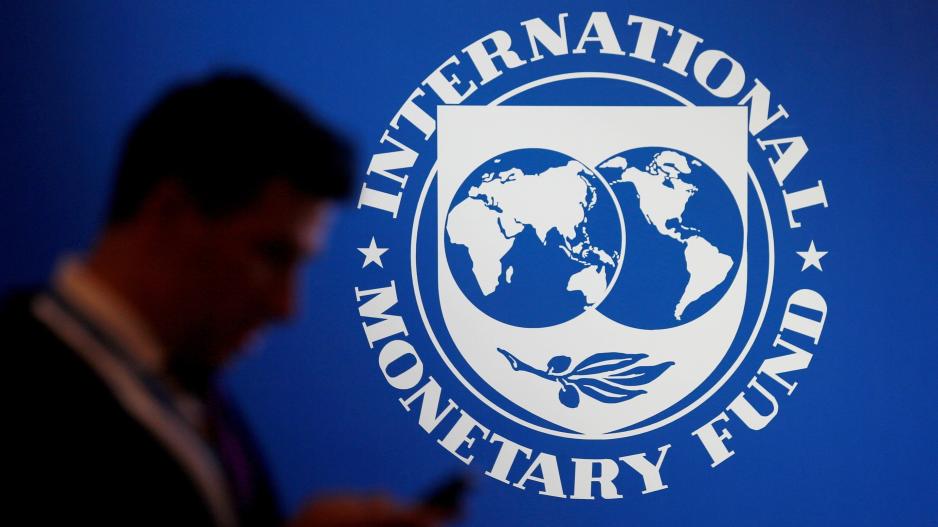IMF Urges Eurozone Banks to Bolster Capital Reserves Amid Profitable Period
The International Monetary Fund (IMF) is urging banks in the Eurozone to increase their capital reserves, specifically in jurisdictions where banks are currently reporting high profits.
In a communication addressed to the Eurogroup this week, the IMF emphasizes the need for close monitoring of vulnerabilities stemming from higher interest rates impacting bank balance sheets and the European Central Bank's (ECB) balance sheet contraction affecting liquidity conditions.
While acknowledging the Eurozone banking system's resilience, the IMF believes that tightening financial conditions could expose certain weaknesses. In its comprehensive report, the IMF outlines three key observations:
Firstly, Eurozone banks have robust capital and liquidity positions and have benefited from higher profits. This is due to the faster growth of their assets' returns compared to the cost of their liabilities, primarily driven by stable deposit interest rates.
Secondly, the increasing cost of funding due to upcoming repayments of Targeted Longer-Term Refinancing Operations (TLTRO) by the ECB and intensified competition for deposits, along with the deterioration in credit quality, could erode banking profits and potentially reduce capital.
Thirdly, conducting continuous stress testing exercises and disclosing banking credit, interest rate, and liquidity risks would help alleviate concerns about financial stability risks.

Highlighting increased instability, the IMF also identifies vulnerabilities in the non-banking financial intermediation (NBFI) sector, emphasizing the need for close monitoring and an enhanced macroprudential toolkit.
"The heightened instability in financial markets has raised liquidity requirements for certain NBFI entities with significant exposures to financial derivatives. Additionally, investment funds (including those investing in real estate) may be compelled to reduce leverage as financial conditions tighten." So far, the deleveraging process in the NBFI sector has been smooth, but broader application of macroprudential tools limiting leverage and liquidity mismatches would help reduce systemic risk.
Referring to recent financial disruptions, the IMF underscores the need for further strengthening of the EU's financial architecture, particularly through reforming the crisis management and deposit insurance framework (CMDI).
Explaining that the reform would expand the EU's resolution powers to more banks and enhance resolution funding arrangements, which is a step in the right direction, the IMF suggests that greater flexibility in developing resolution funding would be welcomed. This would assist authorities in swiftly handling bank failures and containing systemic risk.
The IMF projected a slowdown in the Cypriot economy in 2023, with growth expected to reach approximately 2.5%. This decline can be attributed to several factors, including a decrease in household incomes, tighter financial conditions, and the delayed impact of sanctions against Russia. Despite these challenges, the IMF commended Cyprus for its financial resilience in the face of Russia's invasion of Ukraine.
The Fund also emphasized the importance of a tight fiscal policy, addressing non-performing loans (NPLs), and sustaining primary surpluses to reduce public debt. Risks in the banking sector persist, and efforts should be made to address credit risks and facilitate faster resolution of NPLs. Streamlining immigration processes, improving housing affordability, and implementing reforms within the Recovery and Resilience Plan (RRP) were recommended. The IMF also highlighted the need for adopting a greener growth model and making substantial investments in renewable energy sources and digital infrastructure.






